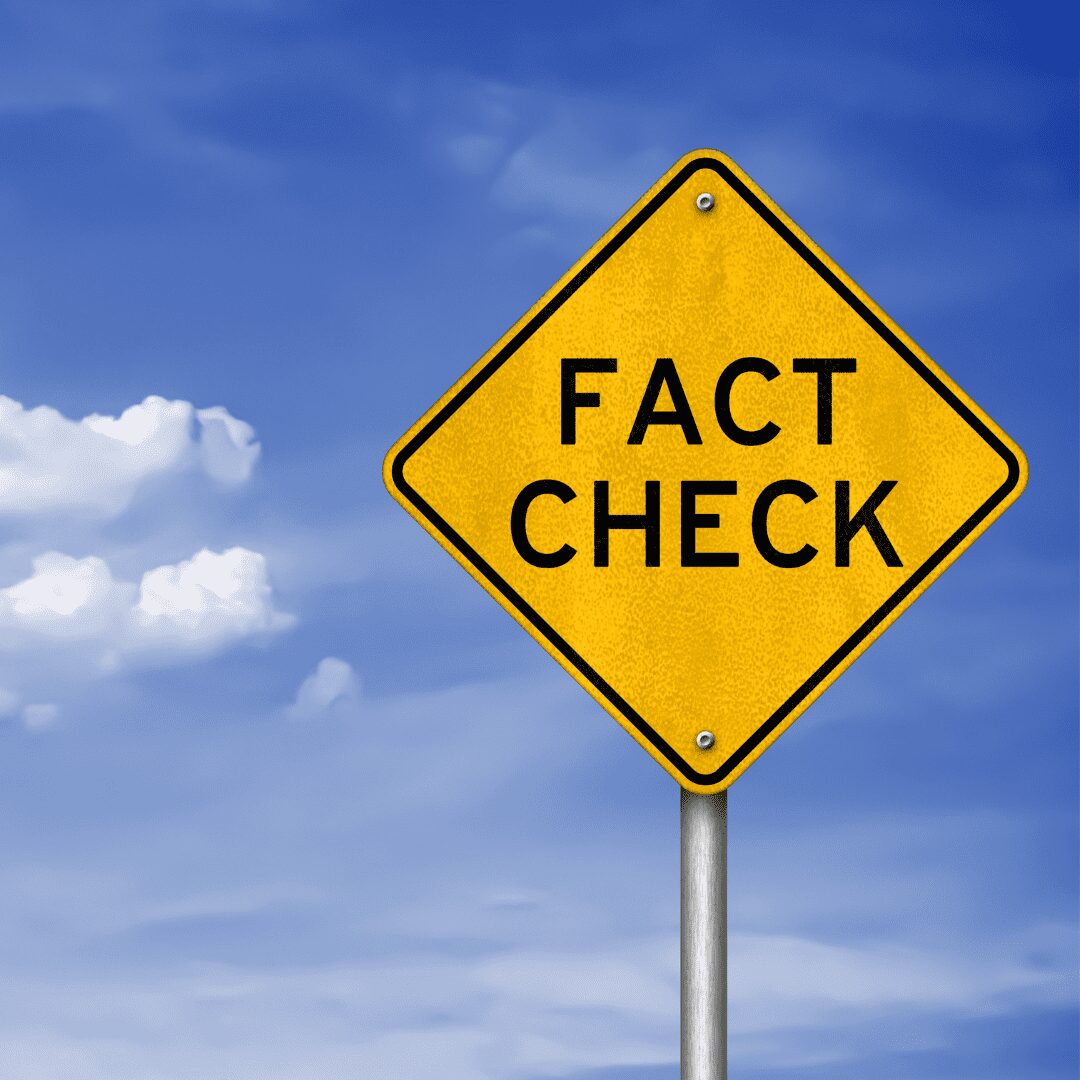
FCC Commissioner Carr fact-checks misguided internet reclassification attempt
Johnny Kampis
October 12, 2023
In light of Federal Communications Commission (FCC) Chairwoman Jessica Rosenworcel’s plan to attempt to reclassify the internet as a Title II telecommunications service under the Communications Act of 1934, fellow commissioner Brendan Carr released a fact-check on Wednesday of the Democratic philosophy that wants to apply utility-style controls to this vital facet of American life.
“As with past iterations of this debate, the plan’s backers are trotting out a series of farcical claims to justify this power grab—claims that are as credible as their assertion in 2017 that ending Title II regulation would slow down and end the Internet,” Carr said.
He pointed out that framing the issue as one of “net neutrality” is misleading, given that the Title II reclassification would impose a host of sweeping controls and that the federal government has other options for codifying net neutrality rules without the Title II change.
Carr noted that one of the myths is that Title II does not involve broadband rate regulation, but he said this plan expressly proposes rate regulation. Given that soaring inflation has caused spiking prices for most consumer goods, while internet rates have decreased in recent years, shows that such heavy-handed government intrusion into the market is unnecessary.
“Prices for utility-regulated services like electricity, water, and gas have been increasing over two times faster than the prices for Internet services,” Carr said. “Monopoly regulation invariably leads to monopoly prices. In addition, Title II opens the door to regulators adding new taxes and fees to consumers’ monthly broadband bills.”
Despite Title II advocates arguing that the move would increase competition, Carr pointed out that the previous effort had the opposite effect, with investment decreasing when the FCC previously implemented the rules. Since the FCC ended the classification in 2017, the percentage of Americans with access to two or more fixed broadband providers has increased by 30 percent.
“The digital divide also narrowed substantially without Title II, and new entrants are now taking market share,” Carr said. “Utility regulation will only slow down and increase the headwinds that small and rural ISPs are already facing.”
Title II regulation would likely only harm innovation and investment. Carr pointed out that the order would target free data plans and zero-rating offerings, programs that now benefit internet consumers.
“So, if you like your plan, you may not be able to keep your plan,” he said.
Johnny Kampis is Director of Telecom Policy at Taxpayers Protection Alliance
